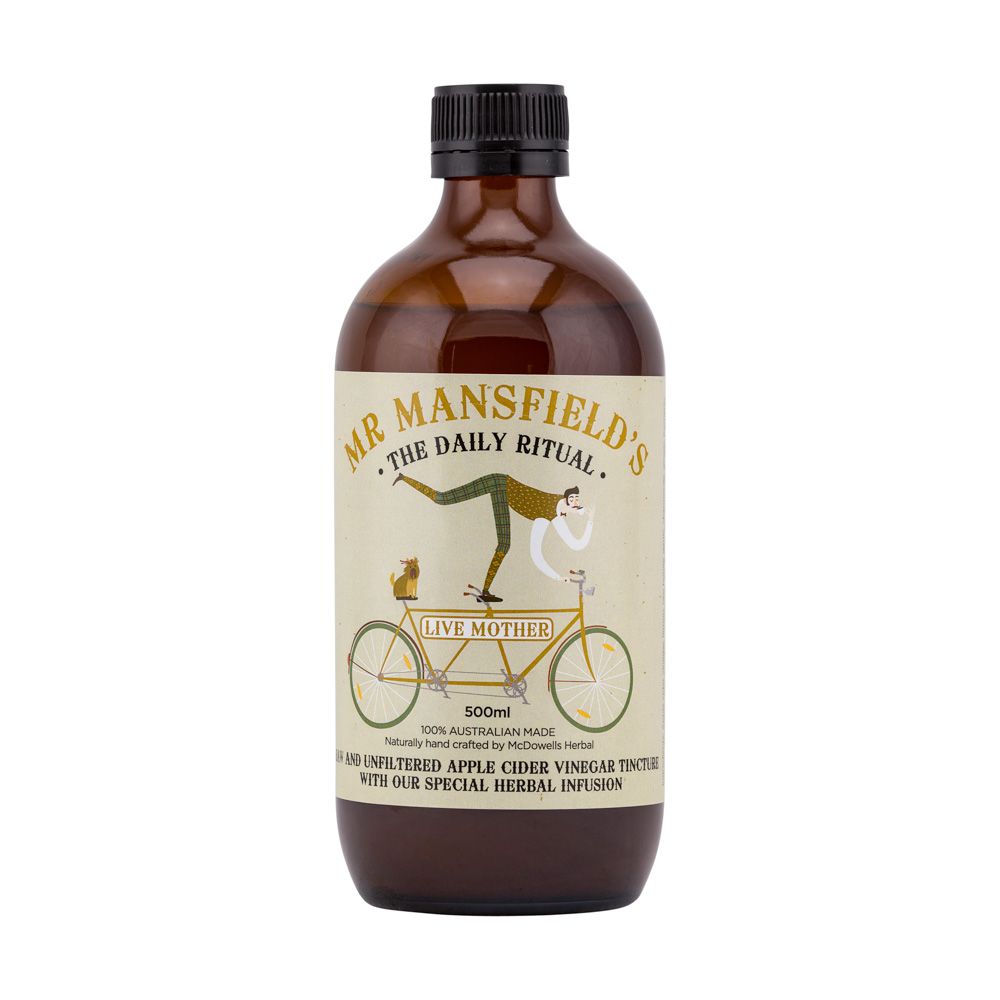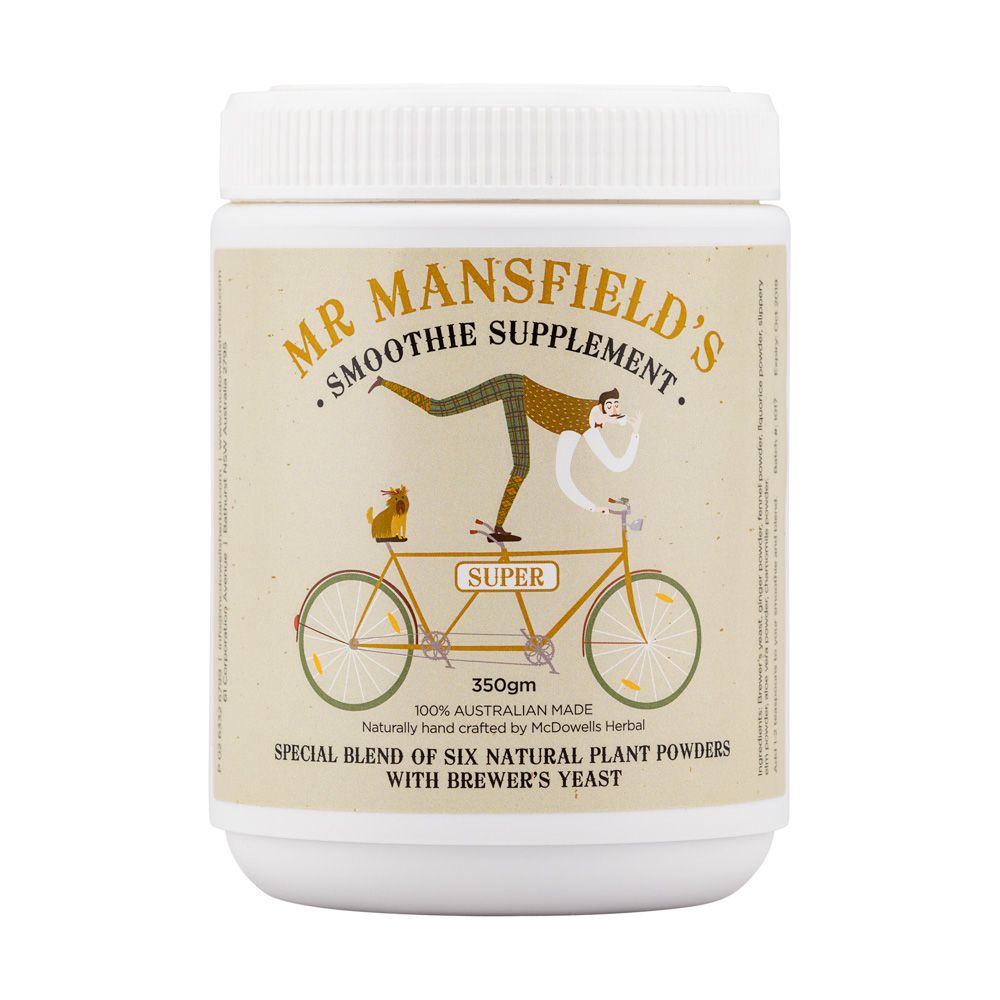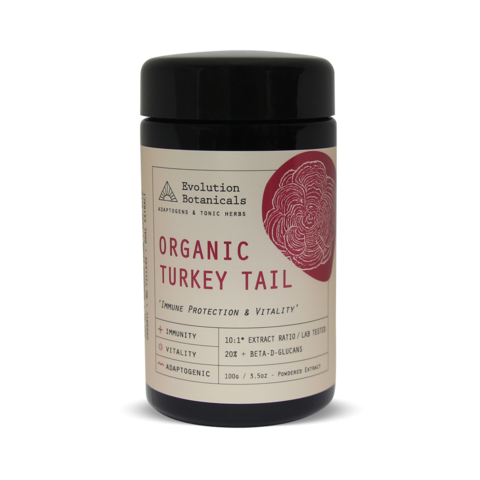Science is now discovering there is a clear a link between depression, anxiety and gut health. Researchers have begun to understand what they are calling the 'gut-brain axis'. The gut-brain axis reflects its name - the communication link between the enteric nervous system, our central nervous system and our brain...

The suprising (and exciting!) part of these discoveries is that the communication between our gut and brain travels in both directions! This network starts with the vagus nerve located in the brain stem, travels through the major organs including the gut, and then all the way back.
The 'enteric nervous system', which is embeded in the wall of your gut and stretches from the lower part of your esophagus all the way down to your rectum, is often referred to as the “second brain. It consists of 200-600 million neurons that move throughout your digestive system (5). ” These two are then connected to the central nervous system(1).
This enteric nervous system also controls the release of some neurotransmitters, including serotonin (5). Serotonin and other neurotransmitters travel from the gut to the brain, via the vagus nerve (4). A serotonin deficiency is linked with depression, and in some cases, anxiety.
The impact of what we eat
As we now know, 95% of our serotonin, the key neurotransmitter responsible for regulating mood, is made in your gut (4). The microbiome in the gut plays an essential role in regulating this connection.
A July 2019 review study revealed that anxiety symptoms could be treated through treatment of the intestinal microbiota (gut bacteria). Studies suggested that two kinds of treatments (probiotic and non-probiotic) could regulate and control intestinal microbiota. While probiotic were important and effective, non-probiotic interventions (such as diet and exercise) were also essential.
Probiotics have been shown to help the overall balance of the gut flora, leading to a broad healing effect in multiple body systems — i.e., skin conditions and allergies — and showing benefit in gut dysbiosis with symptoms like IBS, gas, bloating, constipation, etc.
What can we do to improve gut health?
1. Improve your diet and add fermented foods and probiotics
2. Limit antibiotics and pharmaceutical drugs
3. Manage stress and learn to meditate!
4. Remove processed sugars and artificial sweeteners
5. Get adequate sleep
6. Exercise, stretch and move everyday
7. Connect with others - community and friends are important!
Read more here: SIX EASY WAYS TO IMPROVE GUT HEALTH
McDowells Products to build gut health
Mr Mansfied Daily Ritual
The Daily Ritual is made with raw, unfiltered apple cider vinegar steeped for a minimum of eight weeks with herbs like echinacea, yarrow, dandelion and turmeric. It supports liver and detoxification, improves immunity and resistance to infection, promotes better digestion and assimilation of nutrients and helps balance blood sugars.
Mr Mansfield Super Smoothie Supplement
100% pure plant powders and brewers yeast formulated to improve digestion and promotes good bacteria in the stomach (prebiotic). It contains seven key herbs traditionally used for gut health, is naturally high in fibre and helps alkalise the body. The herbs it contains are a naturally rich source of vitamins and minerals plus it doesn't contain any fillers, isn't bulked out with whey protein concentrates or isolates, cheap vegetable oils, no artificial vitamin and minerals It has no sugars or artificial sweeteners, flavours, colours, preservatives and is dairy and lactose free and is suitable for vegans.
Turkey tail Medicinal Mushrooms
Turkey Tail mushroom is a potent immunological tonic that can deeply nourish our Qi and Jing. Turkey Tail is often used by those seeking immune support, those suffering from fatigue and low energy and for improving gut health. Revered as a potent tonic herb on nearly every continent, turkey tail is high in the protein-bound polysaccharides PSK and PSP, which is thought to explain its ability to elevate both surface and core immunity against dangerous pathogens.
References
1. The Enteric Nervous SystemEnteric Nervous System. Jackie D. Wood, in Encyclopedia of Gastroenterology, 2004
2. Relationships Among the Brain, the Digestive System, and Eating Behavior:
3. A Beginner’s Guide to Polyvagal Theory, Dr. Stephen Porges
4. Serotonin and the Gut: The Gut-Brain Axis, Amy Myers MD
5. The enteric nervous system and gastrointestinal innervation: integrated local and central control. John B Furness. Advances In Experimental Medicine and Biology, vol. 817. 2014.




